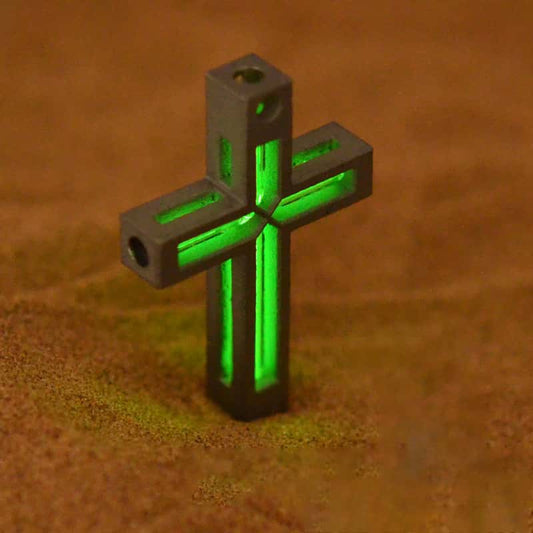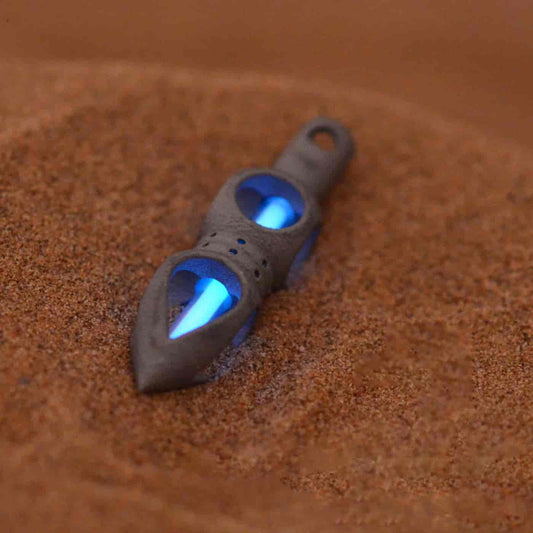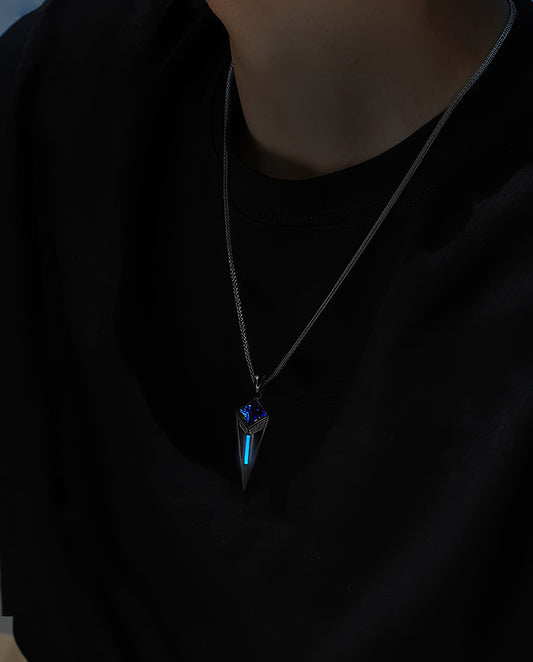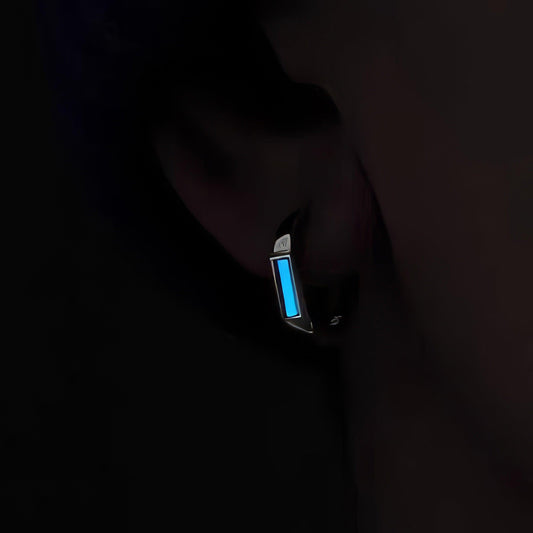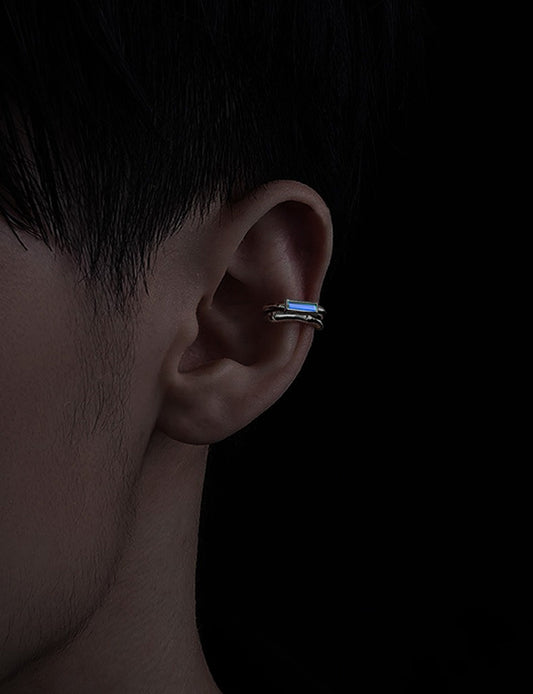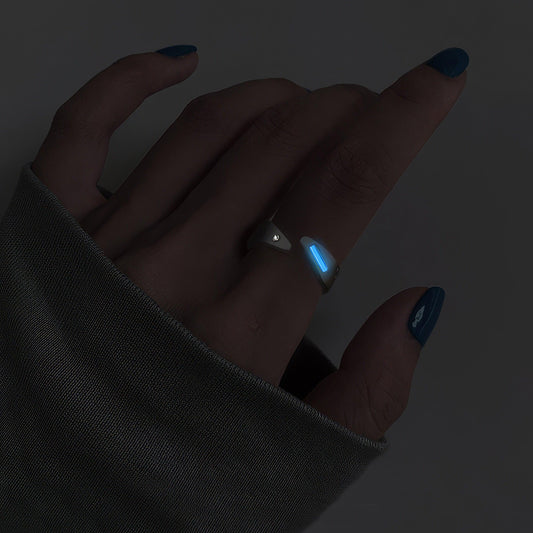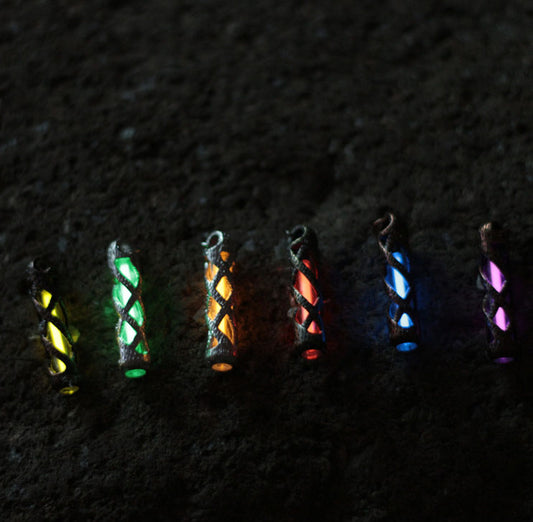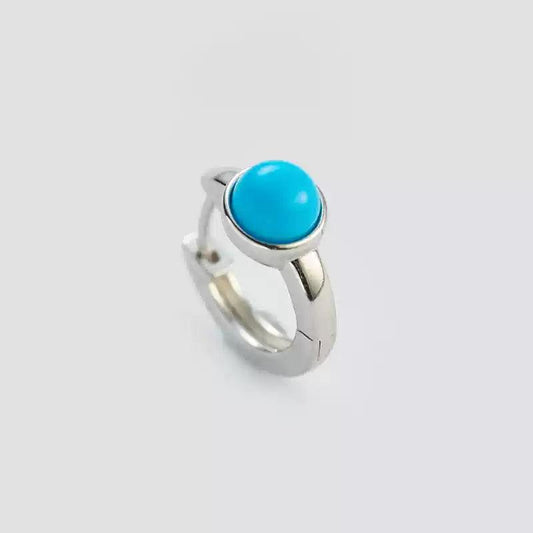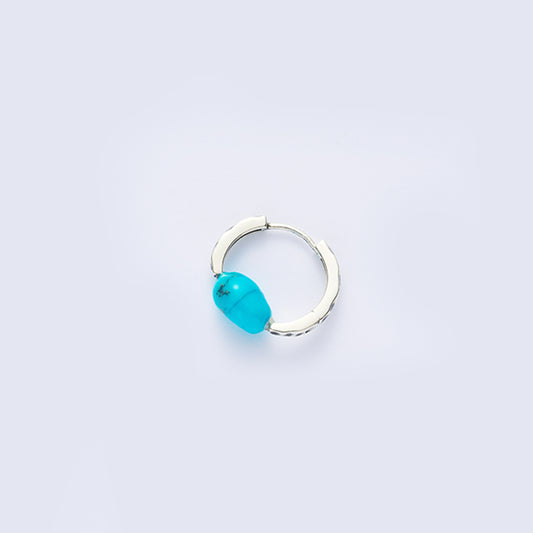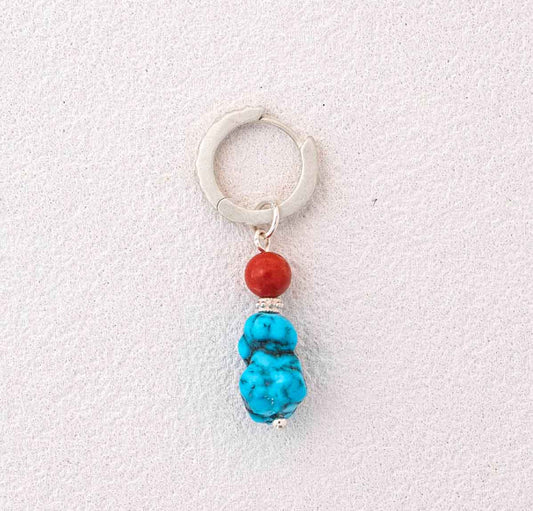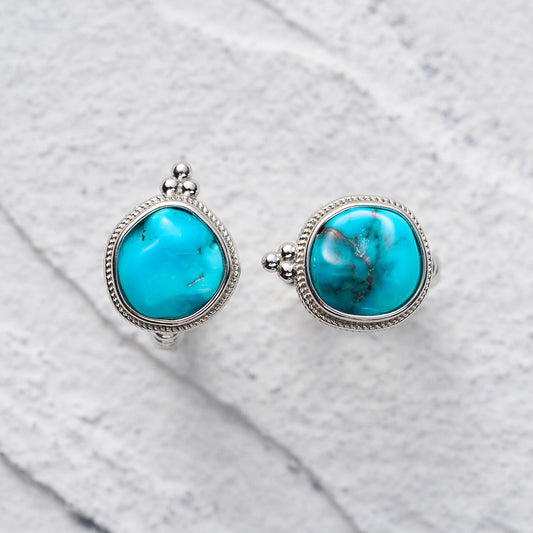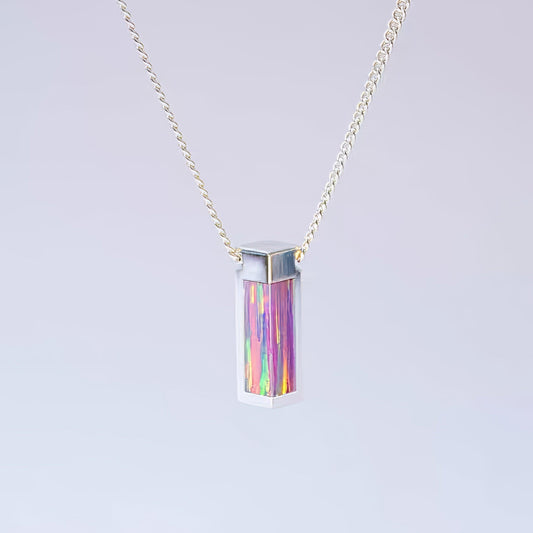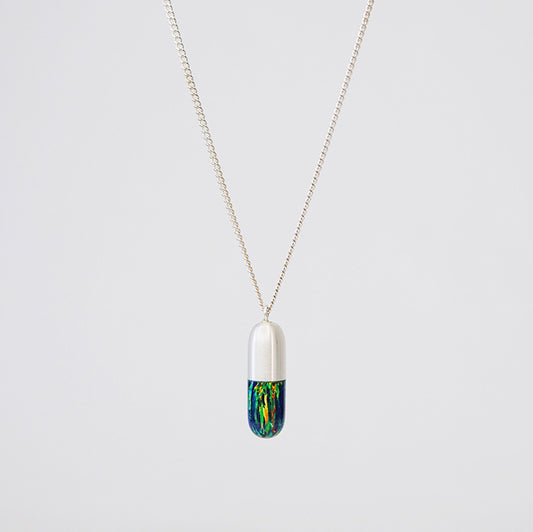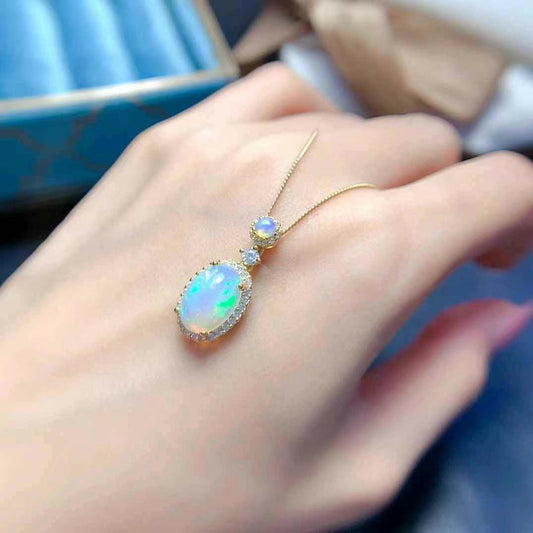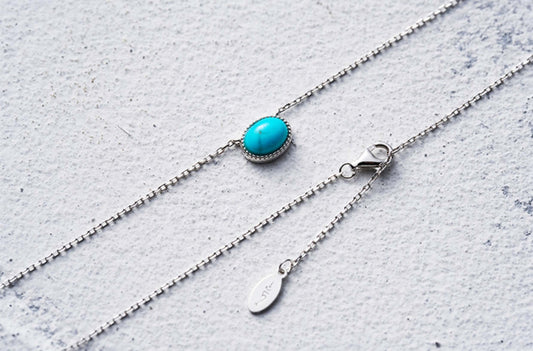Do Engagement Rings Need Diamonds Lets Explore the Options
Do Engagement Rings Need Diamonds Lets Explore the Options
When I think back to one of my closest friend's engagements, the memory of her stunning ring comes to mind, and not because it was the largest or most dazzling diamond you could imagine—but precisely because it wasn't a diamond at all. Her ring featured a deep emerald stone, surrounded by a delicate halo of smaller sapphires. I remember her saying, "Why follow the rules when you can set your own?" That moment struck a chord with me, and sparked a curiosity about the traditional notion that engagement rings must feature diamonds.
The idea of diamond rings as the default choice for engagements is relatively modern. The famous "A Diamond is Forever" campaign by a certain diamond company in the mid-20th century was a masterstroke of marketing, solidifying diamonds as synonymous with everlasting love. However, historical engagement rings often featured a variety of gemstones, such as rubies and sapphires, long before diamonds stole the limelight.
What draws people to diamonds, in part, is their unparalleled hardness and the sparkle they provide. But more couples today are exploring alternatives that reflect their personal tastes and stories. For instance, sapphires offer a rich array of colors, from the classic deep blue to romantic pinks and yellows, making them a versatile and durable option for an engagement ring. Rubies, with their vibrant red, symbolize passion and love, offering a bold statement. Even unconventional stones like morganite have risen in popularity, with their soft blush hues aligning perfectly with modern, understated elegance.
Getting personal, I remember walking past a local jeweler and being captivated by a ring showcasing a pale blue aquamarine. It was subtly striking, with a unique character that spoke to me on a personal level. It reminded me of the ocean on a calm day, and just like that, the allure of diamonds began to feel somewhat rigid and, dare I say, a little outdated. Perhaps that aquamarine would suit someone like me better, someone who feels more at home near the sea than in the hustle and bustle of city life.
Opting for a non-diamond engagement ring can also lead to more sustainable and ethical choices. The diamond industry has often been criticized for its environmental and ethical impacts. By selecting a different gemstone, couples can sometimes avoid these concerns, particularly if they choose stones that are lab-grown or sourced under fair-trade conditions.
For many, the engagement ring is a deeply personal symbol, a reflection of their relationship, their journey, and their future together. Whether it's a diamond or an alternative gemstone, what truly matters is that the ring resonates with the couple. My friend's emerald ring might not be traditional, but it suits her perfectly and tells their unique story—a story that, in my opinion, is far more precious than any gemstone could ever be.
So, do engagement rings have to have diamonds? Absolutely not. Choose what feels meaningful, what fits your personality and values. After all, the best rings are those that symbolize the distinct bond between two people, regardless of what the jewelry industry suggests.
